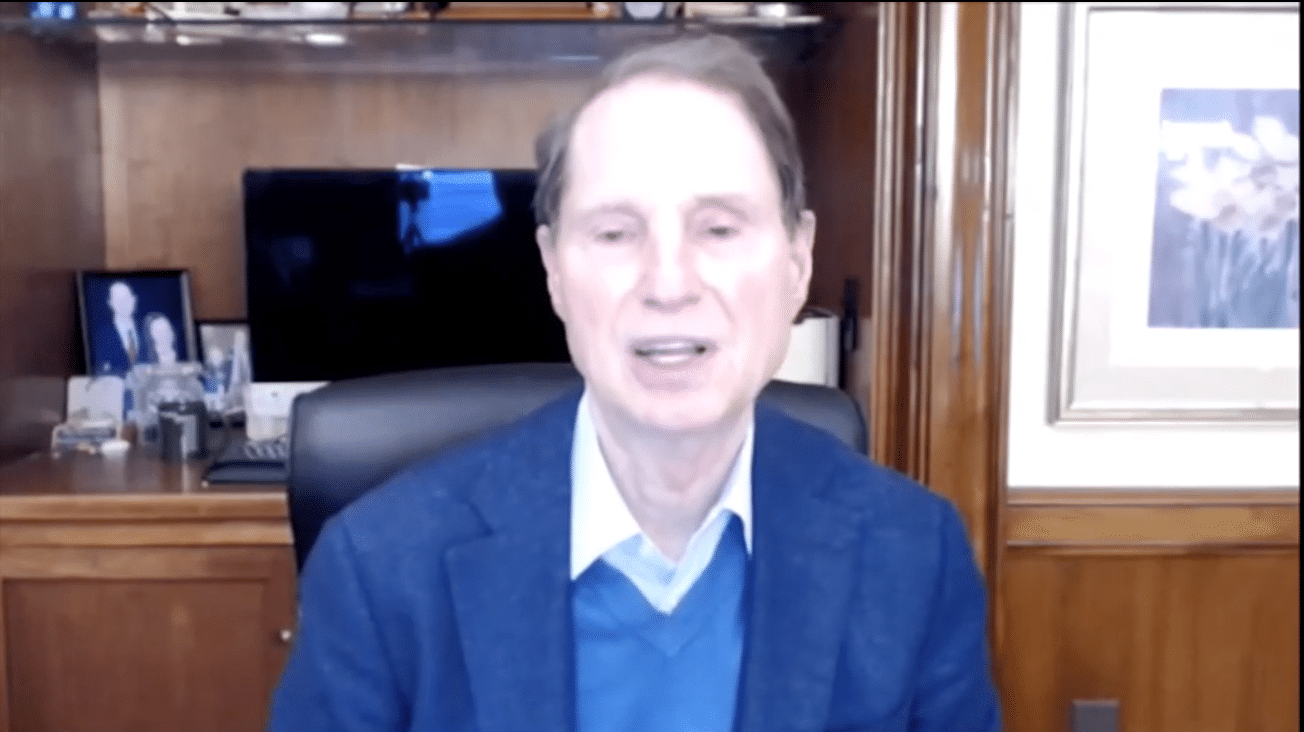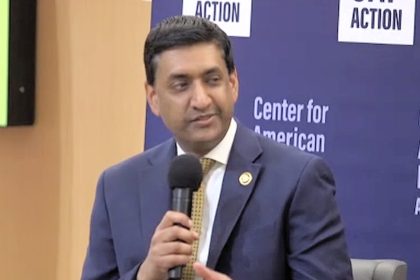Lowering Healthcare Costs for Government, Businesses and Households

WASHINGTON — National Health Care Expenditures in the United States continue to grow at rates outpacing the broader economy. But there isn’t just broad agreement among the public and policymakers that healthcare is unaffordable. Many argue that patients aren’t even getting sufficient value for what they are spending.
The Health Savers Initiative, a collaborative project of the Committee for a Responsible Federal Budget, Arnold Ventures, and West Health, has been working to identify concrete policy proposals to make health care more affordable for the federal government, businesses, and households.
At a recent virtual event, the Initiative released three distinct opportunities that could make a meaningful impact on national health care cost, because as Sen. Ron Wyden, D-Ore., explained in a video address from the discussion, “Our country spends too much, and it doesn’t spend it in the right places.”
“What we’re really trying to do is take ideas from the think tank community or health policy researchers and try and translate them and talk about them on the Hill… and try and put scores on these options [beyond the budgetary impact, which is done by CBO]… to capture a holistic view on some options that can save money not just for the federal government, but for commercial insurance, businesses, and for individuals,” said Josh Gordon, director of Health Policy at CRFB.
The three options put forth as strong candidates for lowering healthcare costs were Equalizing Medicare Payments Regardless of Site-of-Care, Reducing Medicare Advantage Overpayments, and Capping Hospital Prices.
“Moving to site-neutral payments in Medicare… was a bipartisan idea. Both Presidents Obama and Trump had this idea in their budget submissions,” said Gordon, who offered that paying different amounts for the same service just because of where it happens, “doesn’t make sense.”
Currently, the Medicare program pays higher rates for medical services performed in hospital outpatient departments than it pays for the same services when they are performed at physicians’ offices or Ambulatory Surgical Centers. This payment disparity has increased consolidation in the health care market.
Site-neutral payment reform would not only translate to lower premiums and cost-sharing, but it could also generate savings in other parts of the health system. For example, by reducing payment rates for hospital outpatient departments, there would be less incentive for hospitals to purchase and convert physician practices to take advantage of the payment disparity, which has led to higher private sector prices.
The Health Savers Initiative suggests that site-neutral reform could reduce Medicare spending by $153 billion and potentially reduce the federal budget deficit by as much as $279 billion.
A second suggestion was to overturn the “perverse incentive” [Gordon] that results from private plans in Medicare Advantage being paid more based on the number of enrollee diagnoses, or codes, given to each patient. Coding frequently and intensely makes patients look sicker and results in overpayments in the Medicare Advantage Program.
“Fee-for-service Medicare doesn’t have the same incentives,” said Gordon.
The Health Savers Initiative believes that addressing the problem of coding intensity would not only improve the solvency of the Medicare trust fund which is set to run out of money in 2026 but also reduce the federal budget deficit by up to $327 billion.
The final suggestion was to put a cap on the prices hospitals can charge. This is different from price-setting, said Michael Chernew, a health economist at Harvard University, because it “allows the market to work [with the option to] step in as a backstop when you think markets aren’t working well.”
The Health Savers Initiative proposed that capping commercial prices at twice that of the Medicare rate could address high prices and combat the effects of excess hospital market power. It also estimates that this could reduce the federal budget deficit by $216 billion.
“A lot of this sometimes feels like we’re bashing hospitals,” said Chernew. “Hospitals are important. We need to support a viable high-quality hospital system.” But the cost of hospital care accounts for one-third of all U.S. health care expenditures, so he said price-capping could “get rid of the most egregious problems.”
“We’re looking for options that can really capture some market failures or inefficiencies… and try and make health policy a little bit more sane,” said Gordon. “Saving in health care is hard and that’s one of the reasons we haven’t done it… but high health care costs hurt individual Americans, businesses, and the deficit.”
























